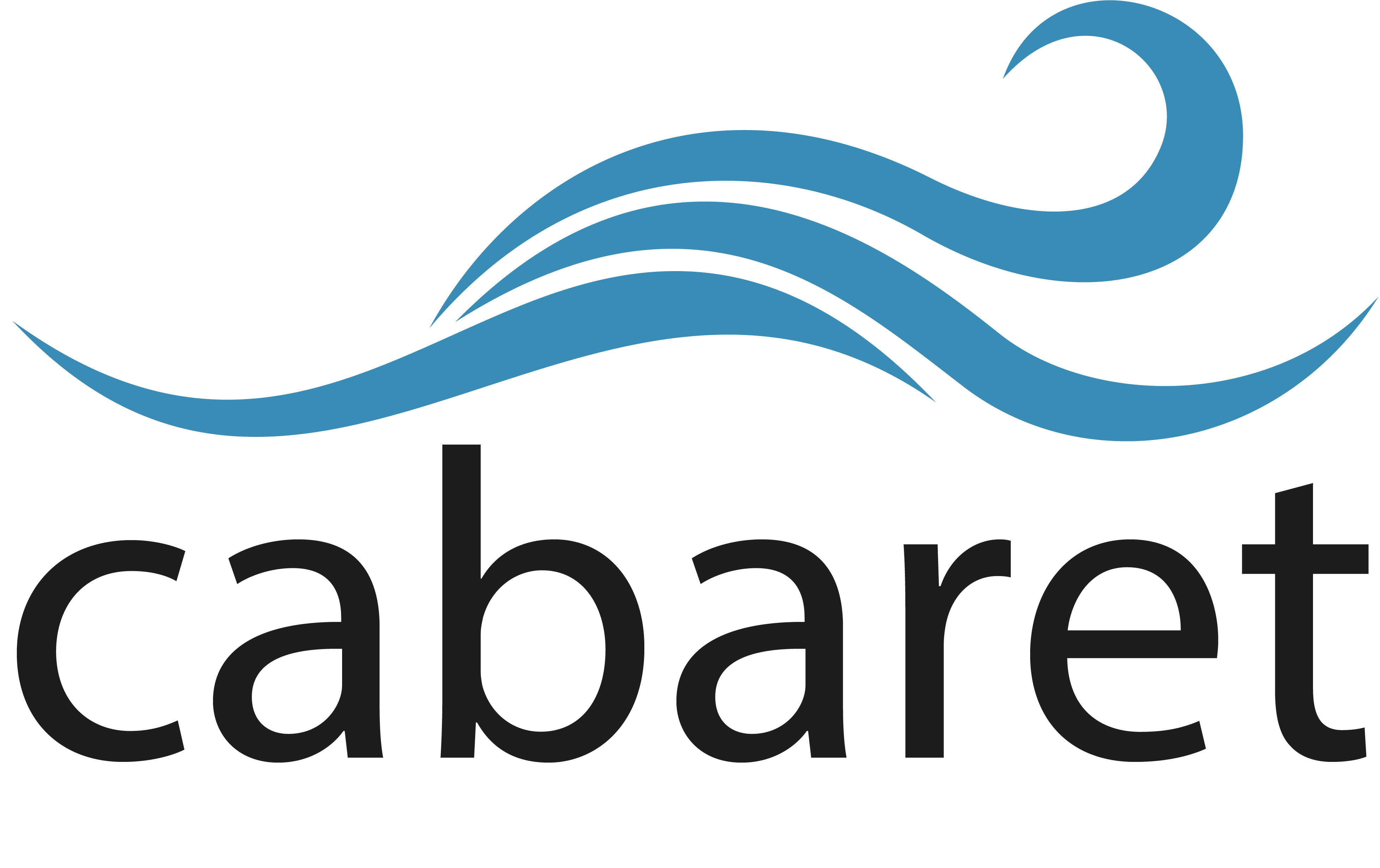Regional cooperation for MHEW
Work package type: Development
Reference number: 5
The objective of WP5 is to develop capacity to increase international cooperation by partner HEIs to tackle ways to enhance MHEW, with a focus on strengthening of regional relationships between HE and the wider economic and social environment. WP5 will develop a roadmap towards addressing regional gaps and priorities in Asia (informing actions at the regional level), as well as raise awareness of the importance of, and means by which, regional cooperation can take place (building capacity at the institutional level). WP5 will also consider the opportunities for inter-regional collaboration, for example, linking to North-Eastern Atlantic, the Mediterranean and Connected Seas, the Pacific, and Caribbean Sea.
This action directly addresses some of the challenges set out by the United Nations Economic and Social Commission for Asia and the Pacific (E/ESCAP/CDR(4)/2), which stresses the importance of a regional approach. Progress in MHEW is uneven across the Asian region, with some high-risk, low-capacity countries falling behind. There is also uneven progress by hazard type and sub region. While significant progress has been achieved in strengthening MHEW for tsunami and tropical cyclones, important gaps exist for other hazards even though the necessary technology is increasingly more available.
Consequently, many countries in the Asian region are calling for regional MHEW systems as an effective means of addressing many of the gaps identified above, in particular in sharing scientific knowledge and applications, building capacity, sharing costs, and addressing transboundary disasters.
Tasks:
5.1 Develop a capacity building roadmap to address regional gaps and priorities: The roadmap will be developed at a series of workshops held among partner HEIs and wider social and economic actors, drawing upon the expertise of the Associate Partners. The roadmap will also draw extensively upon activities and deliverables of other WPs. The country and regional position papers (WP1) will help to set out the key regional gaps and priorities, while the innovation hub (WP4) will facilitate knowledge sharing and set out some of the mechanisms by which regional cooperation for MHEW can be increased. The roadmap will be widely disseminated through a policy brief and policy dialog (WP8), while training programmes for regional cooperation (WP5) and partnerships with social and economic actors (WP6) will help to raise awareness and understanding.
5.2 Develop regional cooperation training programme: The design of the regional cooperation training programme will be informed by the capacity development framework produced in WP1, thereby ensuring that the programme directly addresses national and regional priorities. The programme will be developed by experienced researchers and managers from programme country institutions, but in close consultation with the partner countries institutions. Although it is expected that the development of training materials will be led by researchers and managers at programme country (EU) institutions, experienced researchers and managers from the partner countries will be encouraged to contribute and contextualise the materials. Case studies will be used to illustrates practical examples of international cooperation and to highlight the potential benefits.
5.3 Deliver international cooperation training workshops: A series of face-to-face training workshops will be held in Asia and the UK. The precise content will be developed based on the capacity development framework (WP1) but it is anticipated that the programme raise awareness of why intra and inter regional cooperation is important (sharing scientific knowledge and applications, building capacity, sharing costs, and addressing transboundary disasters) but also develop the skills to make it happen, such as: Initiate and maintain collaborations with organisations abroad; Communicating and cooperating effectively with people from other cultures; Management and consultation for international cooperation; Leadership development; Developing international project proposals and managing international projects; Skills associated with organisation of international events, conferences and seminars; Basics of international exchanges; Negotiating agreements with partners; Networking.
All materials will be archived as MOOCs (Major Online Open Courses) within the CABARET online capacity building forum (WP7).
A regional MHEW system is an example of a public good for the region. The use of such a system by one country does not prevent other countries from using the same system and benefitting from it in a similar way. On the contrary, greater participation in regional warning systems tends to lower the cost, strengthen the sustainability and thus enhance the value for all members, as a single country would normally not be able to implement such a complex system without the cooperation of other countries and relevant regional and international organizations. Through improved regional cooperative mechanisms on MHEW, countries will be better able to share good practices, expertise and capacities in assessing risks, developing sustainable monitoring and warning services, creating proper dissemination and communication systems, and coordinating with communities to increase response capabilities. Higher Education, as a key actor in developing capacity and developing scientific knowledge, has an important role in improving this type of regional cooperation.
In identifying the need to increase regional cooperation, in the Erasmus+ “Regional Priorities for Joint and Structural Projects” for Erasmus+ KA2 Capacity Building in Higher Education identifies “international cooperation at regional level or cross regional level” as a regional priority in strengthening of relations between higher education and wider economic and social development (Category D).
From an EU perspective, cooperation with non-EU countries enhances the quality of education and training in the EU and beyond by promoting peer-to-peer learning and comparison with education systems worldwide. It offers opportunities for staff and students to broaden their horizons through participation in EU programmes. CABARET EU universities have a positive record of internationalisation; they have facilitated the development of international curricula and joint degrees, fostered international innovation projects, and supported the exchange of students, staff, and knowledge. They will use this experience to bring EU added value to the activity.


